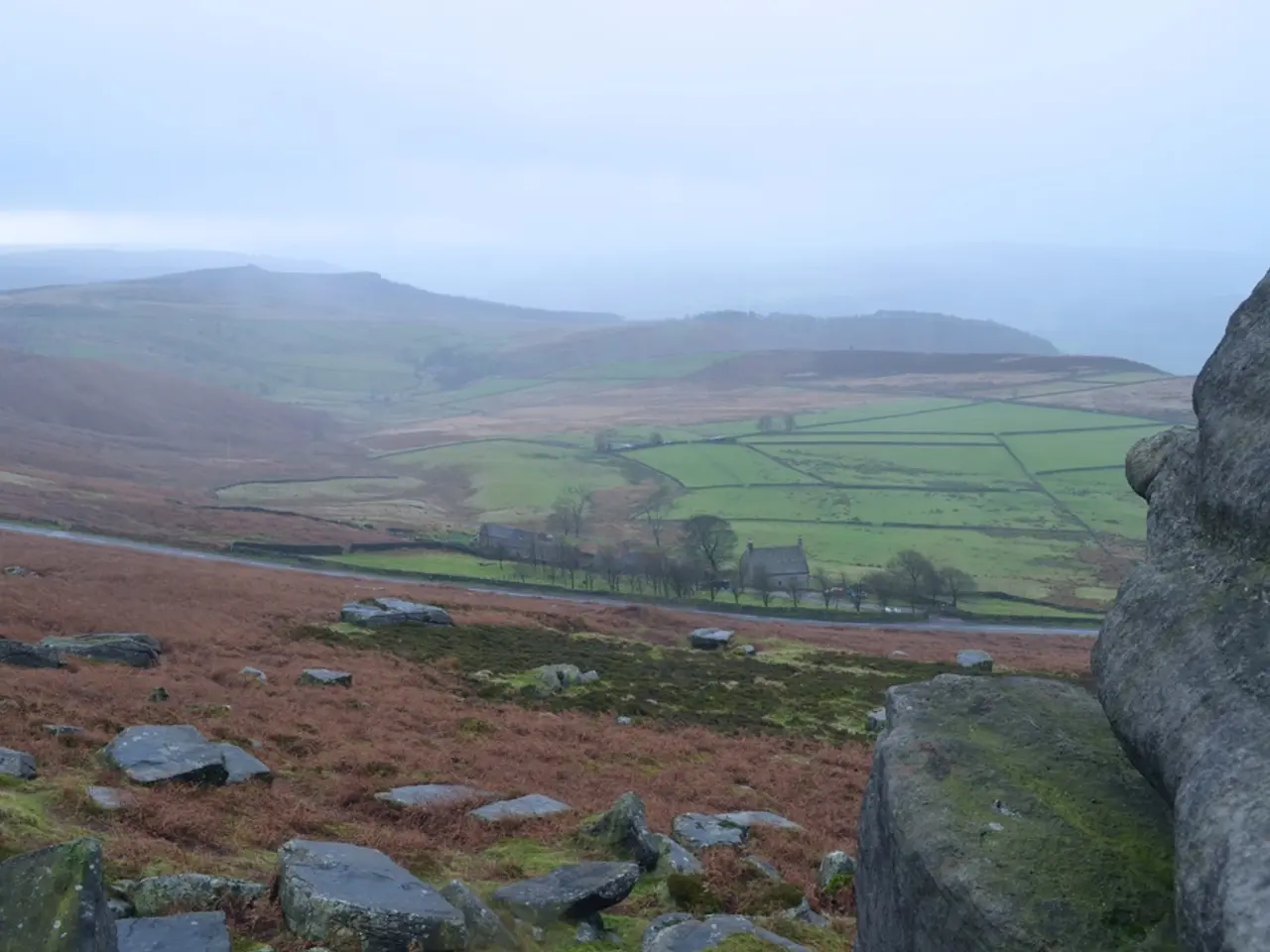Exploring the Rich Cultural Landscape of Providenciales
Nestled in the heart of the Caribbean, Providenciales - often affectionately known as "Provo" - is the largest island in the Turks and Caicos archipelago, boasting a rich historical background, vibrant culture, and stunning natural beauty.
Historical Aspects
The island's story begins with the indigenous Lucayan Taíno people, who settled Providenciales between AD 500 and 800. Although evidence of their presence is scarce, artifacts found in cave sites offer glimpses into their way of life. Regrettably, the indigenous population was decimated early in the 16th century due to European contact, disease, and enslavement.
European settlement was limited until the late 17th century when salt production began. By the late 18th century, Loyalists fleeing the American Revolution established cotton and sisal plantations on Providenciales, such as the historic Cheshire Hall Plantation. However, pests and natural disasters ended export agriculture by the mid-1800s, leaving Providenciales quiet and lightly populated until tourism drove rapid development from the 1980s onward.
Cultural and Traditional Aspects
Today, the population of Providenciales is predominantly of African descent, with migrations from other Caribbean islands notably Haiti. English is the official language, and Christianity (mainly Baptist, Methodist, Anglican) is the primary religion.
The island's cultural experiences are rich and diverse, with lively festivals, local cuisine, and artisan crafts showcasing the unique blend of African-Caribbean traditions, English language use, and Christian spirituality. While specific festivals unique to Providenciales were not specified, Caribbean islands in this region typically celebrate events featuring music, dance, and local cuisine.
Local food reflects the island’s fishing heritage and African-Caribbean influences. Seafood is central, with dishes often featuring conch, fish, and island-grown produce prepared using various traditional methods. Artisan crafts, such as wooden sculptures and colorful textiles, play a vital role in the local economy and culture.
Language
English is the official and dominant language, spoken island-wide. The local dialect incorporates elements from African, Caribbean, and Loyalist English influences, reflecting the diverse heritage of its people.
Nature and Spiritual Connection
Providenciales' breathtaking landscapes significantly shape local culture, fostering a strong connection to nature. The island boasts stunning beaches, coral reefs, caves, and national parks such as the Northwest Point National Park and Chalk Sound. These natural wonders offer opportunities for ecotourism, diving, and exploration of marine and terrestrial biodiversity that ties closely to local cultural identity and respect for the environment.
The population's Christian faith influences social and cultural life strongly. The historical connection to the land through agriculture and fishing forms a traditional spiritual connection to the island's natural resources and heritage. Spiritual practices often include natural elements, celebrating seasonal transitions and nature's bounty.
Many locals engage with nature through fishing, farming, and conservation efforts, as shown by their participation in events like World Oceans Day. Visiting Providenciales allows for an enriching exploration of its history, culture, and community, creating a vibrant mosaic that welcomes visitors.
A Modern-Day Gem
Today, significant remnants of the historic salt production industry can still be explored on Providenciales. The island's transformation from a quiet fishing island to a leading tropical tourism destination underscores its dynamic cultural evolution.
Seafood, particularly conch, plays a central role in the culinary landscape of Providenciales. The popular Da Conch Shack serves conch fritters that are a staple among both locals and tourists. Rum Punch, a refreshing cocktail made from local rum and tropical fruits, is a must-try drink for visitors.
The people of Providenciales are friendly, welcoming, and proud of their rich heritage, with roots tracing back to African ancestry, indigenous Lucayan, and European influences. The Junkanoo Festival is a celebrated event in Providenciales, featuring colorful costumes, music, and dancing. Christopher Columbus arrived in Providenciales in 1492, leading to changes in the island's dynamics. In the 17th century, Providenciales was a refuge for pirates and a center for salt production.
In conclusion, a visit to Providenciales offers an unforgettable journey into its rich history, vibrant culture, and stunning natural beauty. Whether you're exploring remnants of the salt industry, indulging in local cuisine, or enjoying the island's pristine beaches, Providenciales promises an enchanting experience that lingers in memory.
- Nestled among the island's cultural experiences is the local food scene, offering a delightful fusion of seafood, influenced by the fishing heritage, and African-Caribbean influences, providing a gastronomic journey for visitors.
- From historical sites like the remnants of the salt industry to the modern-day bustle of food-and-drink establishments, Providenciales offers an eclectic mix of lifestyle offerings, including home-and-garden artisan crafts and travel opportunities to explore its breathtaking landscapes.




